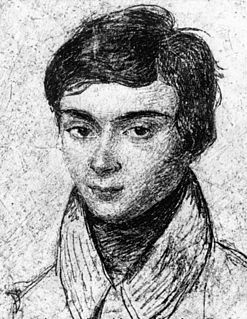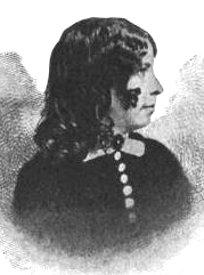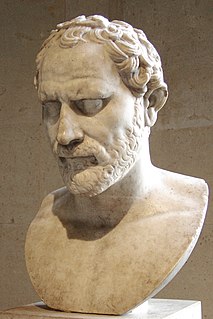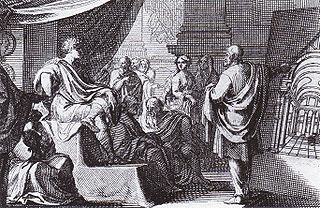A Quote by Bill Vaughan
The easiest books are generally the best; for, whatever author is obscure and difficult in his own language, certainly does not think clearly.
Related Quotes
As the base rhetorician uses language to increase his own power, to produce converts to his own cause, and to create loyal followers of his own person - so the noble rhetorician uses language to wean men away from their inclination to depend on authority, to encourage them to think and speak clearly, and to teach them to be their own masters.
It's difficult not to color our perception of author's product with his personality. There are so many examples of this. What do we think of Ezra Pound - clearly a great poet and clearly kind of an asshole? You can say the same thing about Louis-Ferdinand Céline, who clearly was a Nazi sympathizer, and yet one of the great writers of the 20th century. It is tough, but there are enough examples around where we have to somehow find a way of separating the work from the artist and seeing what there is to see in the work, while also condemning the thoughts we see in the man.
The reason why so few good books are written is, that so few people that can write know anything. In general an author has always lived in a room, has read books, has cultivated science, is acquainted with the style and sentiments of the best authors, but he is out of the way of employing his own eyes and ears. He has nothing to hear and nothing to see. His life is a vacuum.
You never know with Punk. He is definitely somebody who does things his own way, and I think the biggest thing is that you can never count out what his next move will be. I think no one would have predicted his move to UFC - nobody would have predicted a lot of things he does - so whatever he chooses to do, he will do what feels best in the moment.
The language of the heart--the language which "comes from the heart" and "goes to the heart"--is always simple, always graceful, and always full of power, but no art of rhetoric can teach it. It is at once the easiest and most difficult language--difficult, since it needs a heart to speak it; easy, because its periods though rounded and full of harmony, are still unstudied.
I don't think that children, if left to themselves, feel that there is an author behind a book, a somebody who wrote it. Grown-ups have fostered this quotient of identity, particularly teachers. Write a letter to your favorite author and so forth. When I was a child I never realized that there were authors behind books. Books were there as living things, with identities of their own.
Samuel Beckett is the person that I read the most of - certainly the person whose books I own the most of. Probably 800 or 900, maybe 1,000 books of just Samuel Beckett. By him, about him, in different languages, etc. etc. Notebooks of his, letters of his that I own, personal letters - not to me, but I bought a bunch of correspondence of his. I love his humor, and I'm always blown away by his syntax and his ideas. So I keep reading those.

































